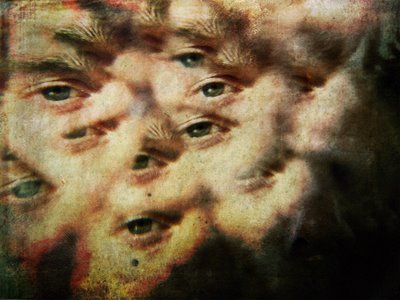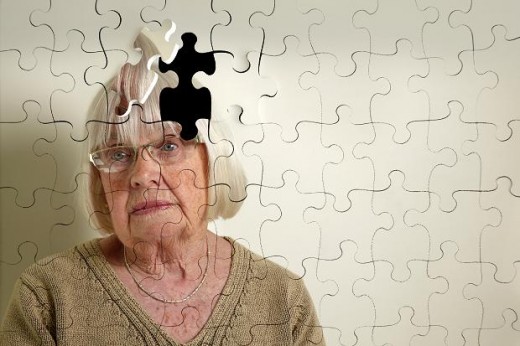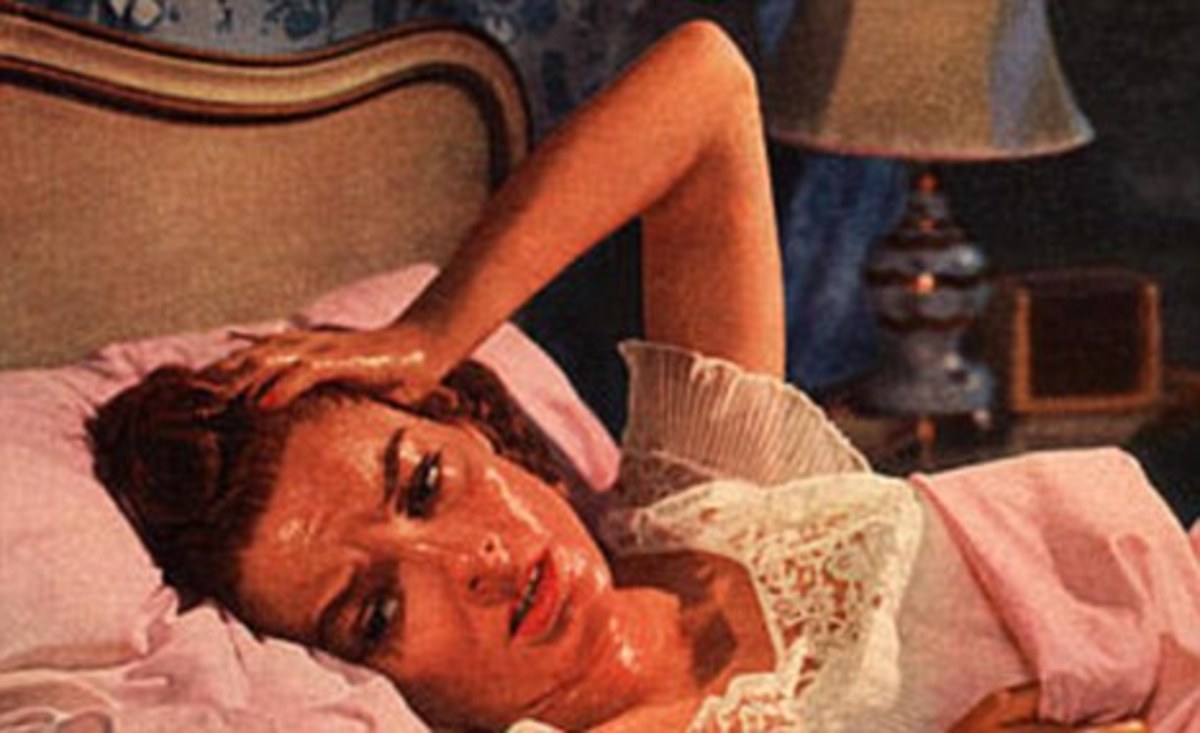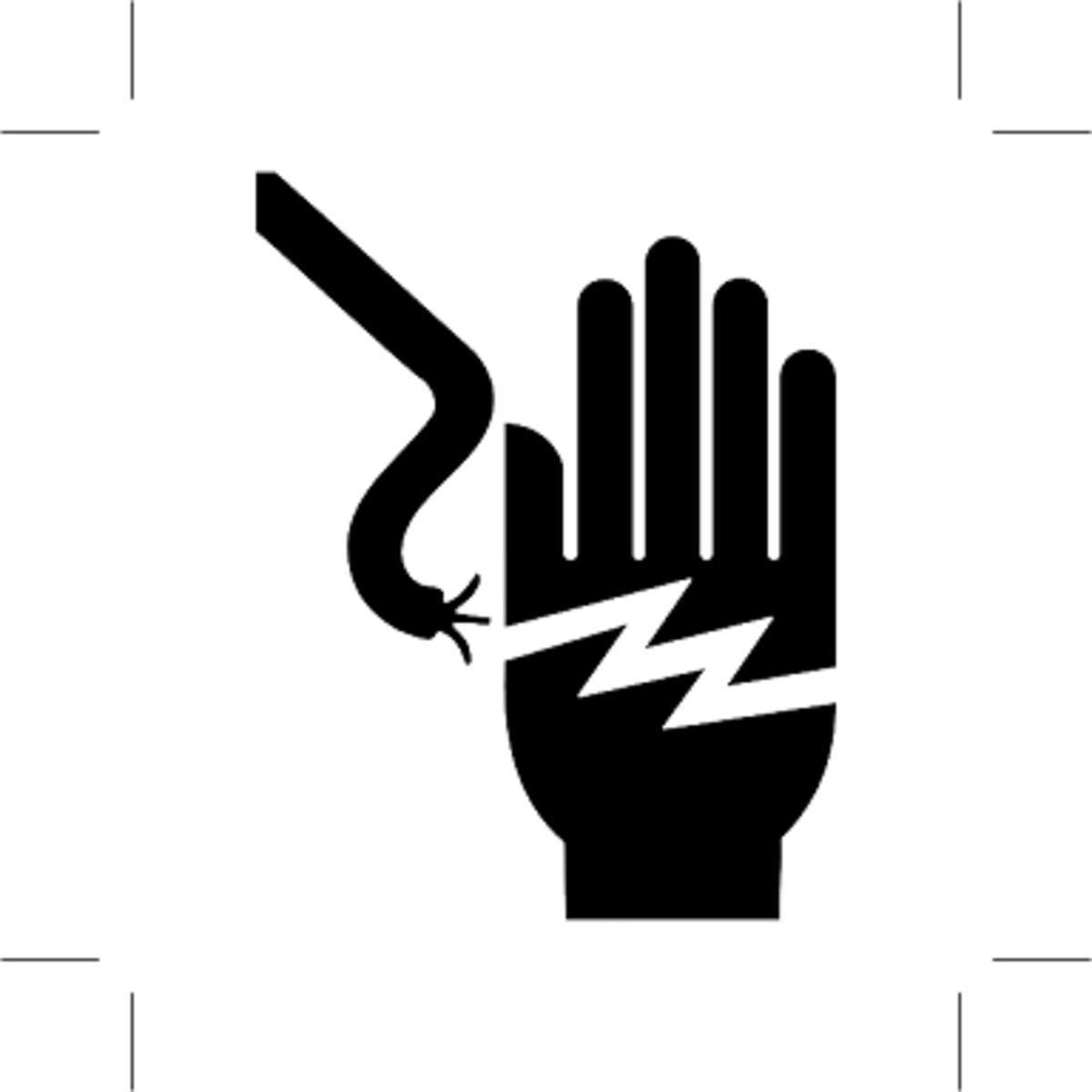Organic Psychosis: Etiology, Clinical Manifestations, Diagnosis And Treatment Of Delirium And Dementia
Delirium: An Organic Psychosis

Delirium
These are psychotic manifestations resulting from organic brain disease. The clinical manifestation may either take the form of an acute reaction known as delirium (acute organic brain syndrome- chronic OBS). Delirium develops in the brain and the condition is reversible. The cause may be either within or outside the brain. On the other hand, dementia is the direct result of structural damage to the brain. Very often, this condition is reversible.
Delirium
This acute organic psychosis is characterized by deterioration of the level of consciousness, loss of orientation and memory, changes in the affect, and behavioural alterations.
Etiology:
- Infections: Delirium may accompany generalized infections or infections of the central nervous system, eg, meningitis, encephalitis, pneumonia, viral fevers, enteric fever etc.
- Injury: Concussion of the brain, fracture of the skull etc.
- Vascular: Hypertensive encephalopathy, cerebrovascular accidents.
- Metabolic: Hepatic failure, uremia, alkalosis, thiamine deficiency (Wernicke’s encephalopathy), hypoglycemia, respiratory failure, etc.
- Toxins and poisons: Overdose of phenobarbitone, alcohol, atropine, Ganja etc or alcohol withdrawal syndrome.
Clinical features: Delirium may be heralded by headache, insomnia and restlessness. Level of consciousness deteriorates and disorientation of time, place and persons develops in sequential order. The memory for immediate and recent events is lost. The affect changes into one of fear and perplexity. Frightening illusions and hallucinations relating to insects and animals occur. In severe cases, persecutory delisions, violent and aggressive activities, and irrelevant and incoherent talk may develop. Physical signs seen as tremors, increased sweating and rise of temperature may be found.
Diagnosis: Clinical diagnosis can be made from the symptomatology and the circumstances of the case. The etiological factor has to be confirmed by investigation. Delirium should be differentiated from other forms of psychosis and anxiety states.
Course: Acute delirium recovers with treatment. Some cases may develop into dementia.
Treatment: The symptoms can be controlled with neuroleptics such as haloperidol, thiordazine or chlorpromazine. The specific cause should be determined and managed. When delirium is secondary to systemic illnesses like fever or infection, attention to the primary cause and correction of fluid and electrolyte levels help in clearing the delirium as well.
Dementia: An Organic Psychosis

Dementia
Dementia is a chronic organic psychosis characterized by intellectual deterioration, affective changes and behavioural abnormalities.
Etiology: Dementia may be the prominent feature in several neurological disorders.
- Presenile dementia, e.g Alzheimer’s disease, hepatolenticular degeneration, Huntington’s chores, etc.
- Senile dementia
- Vascular lesions, e.g, cerebral arteriosclerosis, hypertensive encephalopathy, etc
- Chronic infection of CNS eg, parenchymal neurosyphilis, slow virus infections, sequel of encephalitis and meningitis.
- Intracranial tumours
- Traumatic brain damage
- Korsakoff’s psychosis
- Toxic damage to the brain, eg, alcohol, lead, mercury, manganese aluminium (dialysis dementia), carbon monoxide etc.
Clinical features: The symptoms of dementia are of insidious onset. Main changes are found in the sphere of intelligence, affect and behavious. All the intellectual functions may be affected. Failure of memory is the most prominent feature. The power of retention is lost. Memory for recent events fails initially. Later, it affects the remote memory also. The power of comprehension is impaired and intelligence and orientation gradually deteriorate. The level of consciousness remains relatively unaffected. Minor grades of aphasia may manifest. Persecutory delusion may develop when the judgement becomes impaired.
The affect may show marked fluctuation (liable affect). Depression, euphoria or anxiety may also be observed in these patients. Behavioural abnormality may be the earliest symptom noticeable in some patients. They may show behaviour quite out of tune with their character and social state. They become inappropriate, inefficient, and filthy. Motor disorders like perseveration and catastrophic reactions may be seen. Apart from the psychiatric manifestation, focal neurological manifestations may be evident , depending upon the type of lesion.
Diagnosis: Diagnosis of dementia is made on the basis of clinical features. These patients should be investigated neurologically for detecting the underlying lesions. Differential diagnosis includes anxiety neurosis, affective disorders, schizophrenia and hysteria.
Treatment: The treatment of dementia is unsatisfactory and the prognosis for recovery is poor. The success of treatment depends upon the underlying clinical condition. Psychiatric symptoms may improve with the administration of appropriate antipsychotic drugs. Usually, the illness may progress steadily leading to severe disability.
© 2014 Funom Theophilus Makama








